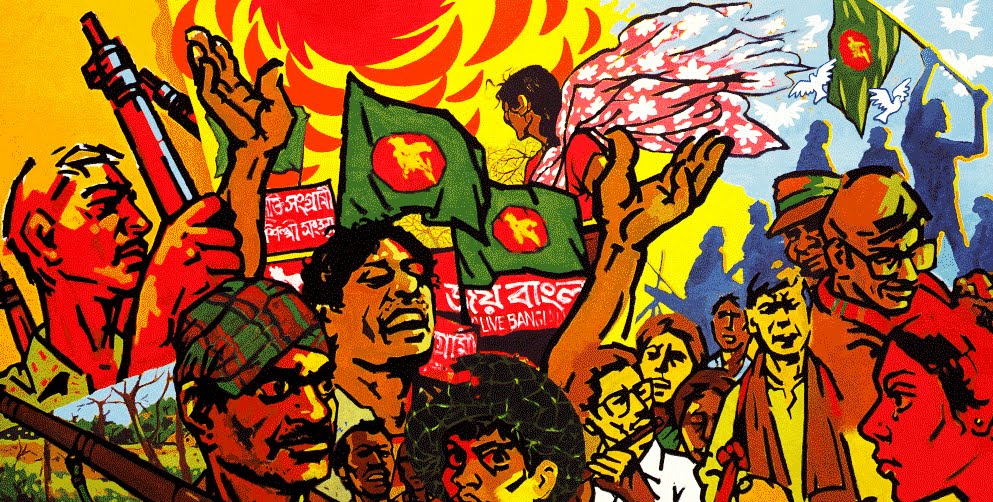SALEEM SAMAD
Bangladesh Federal Union of Journalists
(BFUJ), an umbrella of countrywide journalist’s union on Saturday observed that
the new policy was neither “restrictive” nor “protective”, but did not hesitate
to express their discontentment over the new broadcasting policy announced last
week.
The media professional leaders urged the
government to institute an independent broadcasting commission at the soonest.
Monjurul Ahsan Bulbul, president of BFUJ
told a crowded press conference at Jatiya Press Club yesterday demanded of the
government to announce a deadline for establishment of broadcasting commission
and which will develop a proactive broadcasting policy with the stakeholders.
The BFUJ president flanked by Abdul Jalil
Bhuiyan, secretary general, Khairuzzaman Kamal, treasurer and others described
that the broadcasting policy which was gazetted last Wednesday was an outcome
of the demand of the BFUJ.
He told a journalist that the policy will
bring discipline within the vibrant electronic media. Bulbul understands that
further discussion will reduce the crucial issues missing in the policy.
Bulbul, CEO of Boishaki Television remarked
that the government is taking a dangerous path and unacceptable which is likely
to be deemed as interference of independence of editorial policy of individual
television channels.
BFUJ is critical of a section of the policy
which says that all TV channels will have to develop Charter of Duties and
Editorial Policy individually. The president warned that such advise will
jeopardise the harmony in the electronic media, instead he urged that the such
activity should be made by the commission.
BFUJ concern is with formation of enquiry
committees. The leaders said the policy does not state the criteria of the
members of the committee. The policy also does not state in how many days the
probe body would be formed. Also no deadline has been mentioned for the probe
committee to submit their report.
Regarding the blanket ban on broadcast of news/views
critical of officers of the armed forces and law enforcing agencies, BFUJ said
it is contradiction to the Right to Information Act. The information act allows
media to report/publish issues of officers indulged in crime against humanity and
corruption.
Bulbul, who is also a member of the
drafting committee of the policy categorically said that the policy does not
restricts nor says to control the most popular prime time talk shows.
He alleged that certain quarters to reap
political mileage is misinterpreting that talks-shows would be controlled and
TV channels would be punished for broadcast.
He regretted that the policy does not
mention the hundreds of journalists, production team and technical staffs who give
effort to keep the broadcast lively.
BFUJ expected that the policy provide
transparency on issuance of licenses to broadcast media, but the policy does
have any reflection on the multi-million taka investment in the electronic
media industry, Bulbul lamented.
However, the journalist’s body expects that
the relevant authority will address the concerns of BFUJ on their reservations
regarding the weakness of the policy.
Saleem Samad is an Ashoka Fellow (USA) and a journalist with the Daily Observer.



